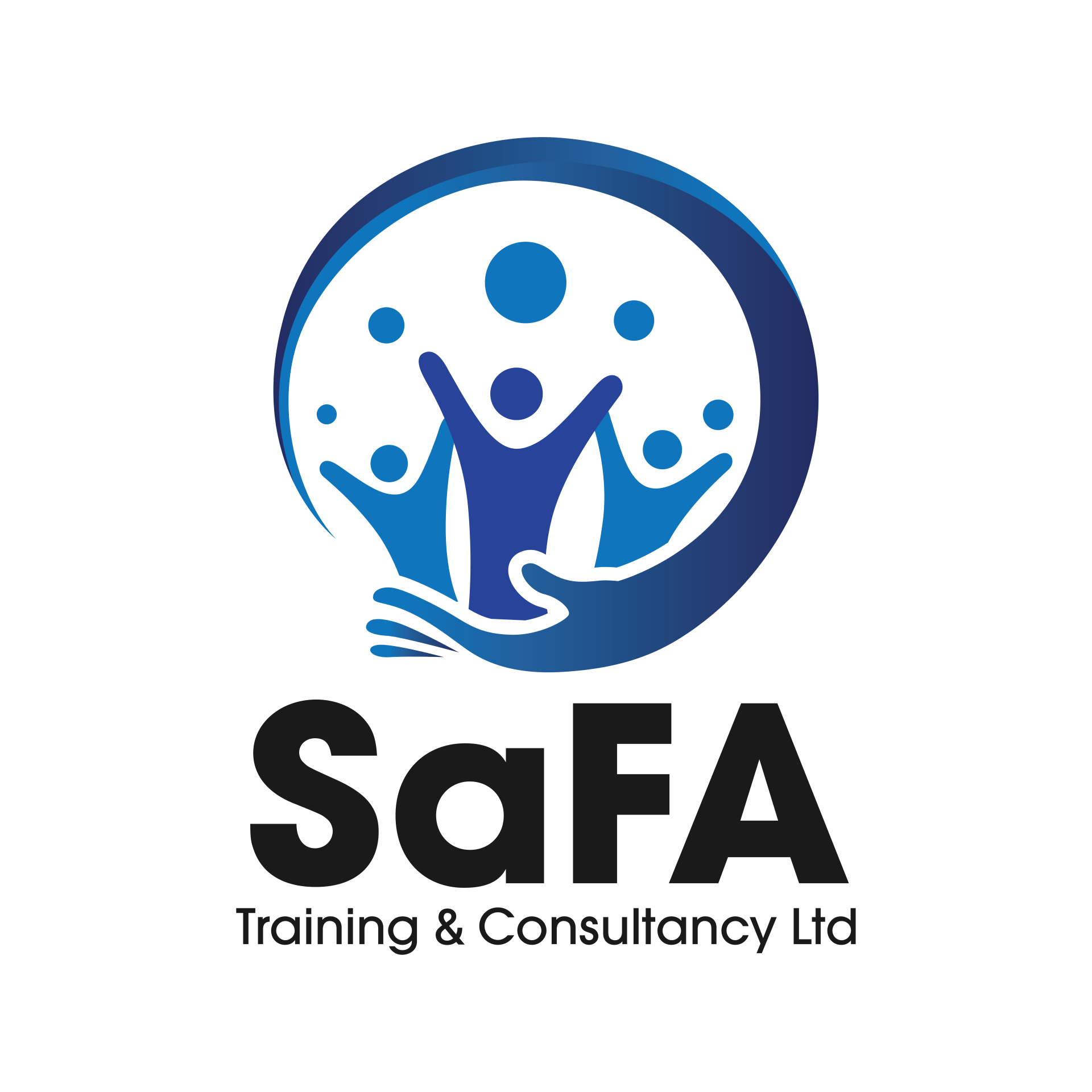Fire Safety
Fire has a devastating effect on businesses with many never recovering after a major fire.
Building and stock can be insured against but not being able to trade is where the biggest losses lay.
If you are unable to fulfill contracts, chances are your customer will go elsewhere, and then there is always the risk that they will not return once you start trading again.
The best precaution against fire is prevention.
Having staff trained in fire awareness and fire safety will go a long towards prevention. These will teach your staff how to spot potential hazards and how to act and contain a fire if one did break out.
Fire Classification & Extinguisher Use
- Class A fire involve solids. (wood, paper, plastics etc) - Extinguishers to Use - Water, Foam, Powder
- Class B fire involves liquids
(petrol, oil, paint, wax etc) - Extinguishers to Use - Foam, Powder
- Class C fire involves gas (propane, butane, natural, acetylene etc) - Extinguishers to Use - Powder and Isolate
- Class D fires involve metals (sodium, magnesium, zinc, aluminium and many other metals in the form of powders os swarf) - Extinguishers to Use - Special Powders or Sand
- Class E fires involve Fires involving live electrical equipment - Extinguishers to Use - CO2 or Powder - Powder should only be used on low voltage
- Class F fires involve fats & oils - Extinguishers to Use - Wet Chemical
Fire Risk Assessment
It is a legal requirement that all companies who employ 5 or more staff have written risk assessments including fire.
Learn more
It is best practice for all companies to have written documentation.
We can write or advise you on your Fire Risk Assessment. Contact us to find out how little this can cost.
Regulated Training Courses
Level 1 Fire Safety Awareness
- A half day course designed to educate employees on fire awareness.
Level 2 Fire Safety
- A one day course designed for those employees who wish to develop their basic fire safety awareness in order to assist their employer by understanding more specific roles in the management of fire risk (e.g. as fire wardens / marshals).
Bespoke Fire Training
We can also offer non-regulated bespoke courses in Fire Safety, Fire Marshal / Warden & Fire Coordinator.

